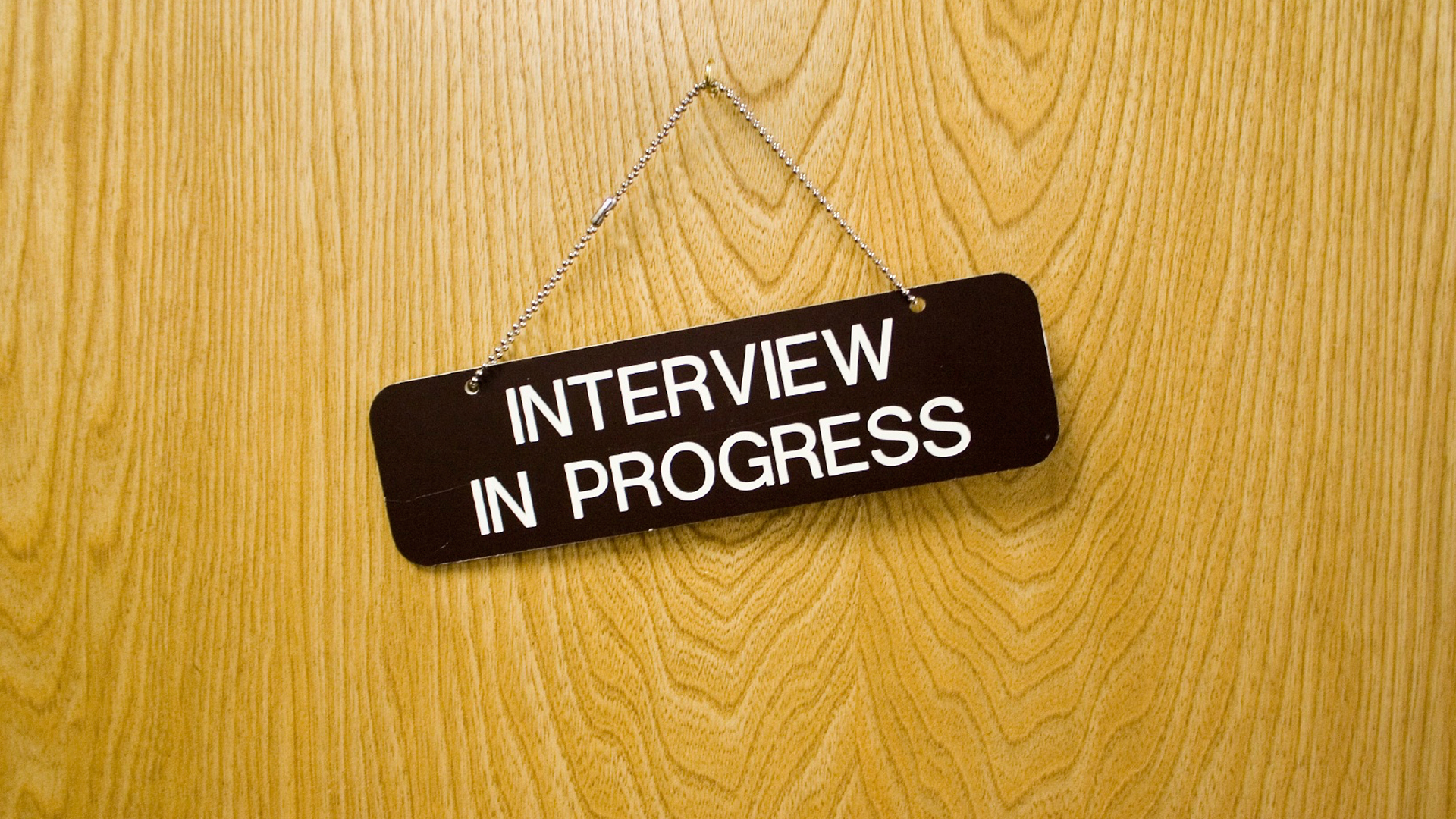
A few weeks ago Google quietly ended their policy of asking annoying, random puzzle questions in interviews. This shift marks the end of a trend that has been in place for a good two decades and was a standard in tech companies… to interlace normal interview questions like “what’s your biggest weakness” and “why do you want to work here” with esoteric questions like “design a chessboard” and “why are manhole covers round”.
Most puzzle questions have a definitive answer or set of answers, but a few have no real solution and the purpose is to watch how the candidate thinks through a problem. More commonly though the questions were used as a way for the interviewer to feel superior to the interviewee, sort of like how The Riddler tries to outsmart Batman but in the end winds up getting punched in the mush. Nobody likes a jackass know-it-all, but unlike normal life a candidate who is desperate to gain employment doesn’t have the luxury of calling the interviewer on their bullshit.
Famous questions include:
How many golf balls can you fit into an airplane?
How many gas stations in Manhattan?
You’re in a car with a helium balloon on a string that is tied to the floor. The windows are closed. When you step on the gas pedal, what happens to the balloon… does it move forward, move backward, or stay put?
A man pushed his car to a hotel and lost his fortune. What happened?
You’re shrunk down to the size of a dime and placed in a blender. You have one minute to get out before it’s turned on. What do you do?

In the end, Google VP Laszlo Bock finally said what we’ve all been thinking for years: “These questions are a complete waste of time. They don’t predict anything.” Rather than clever riddles that would be at home at the wizard’s tent in a Renaissance Fair, Google is apparently now more interested in the actual behavior of interviewees than their on-the-spot displays of intellect. Bock says that by asking a simple question like, “Give me an example of a time when you solved an analytically difficult problem,” that the interviewer can get a sense of both how the respondent acts and what the respondent thinks is difficult… two important qualities to know.
No word yet on if Microsoft is also dropping the puzzle questions, or will stick with a more practical: You’re in charge of Sales and given the Surface Tablet line. What do you do?
Like this:
Like Loading...
Google (mostly) dumps insulting, pointless interview riddles
A few weeks ago Google quietly ended their policy of asking annoying, random puzzle questions in interviews. This shift marks the end of a trend that has been in place for a good two decades and was a standard in tech companies… to interlace normal interview questions like “what’s your biggest weakness” and “why do you want to work here” with esoteric questions like “design a chessboard” and “why are manhole covers round”.
Most puzzle questions have a definitive answer or set of answers, but a few have no real solution and the purpose is to watch how the candidate thinks through a problem. More commonly though the questions were used as a way for the interviewer to feel superior to the interviewee, sort of like how The Riddler tries to outsmart Batman but in the end winds up getting punched in the mush. Nobody likes a jackass know-it-all, but unlike normal life a candidate who is desperate to gain employment doesn’t have the luxury of calling the interviewer on their bullshit.
Famous questions include:
In the end, Google VP Laszlo Bock finally said what we’ve all been thinking for years: “These questions are a complete waste of time. They don’t predict anything.” Rather than clever riddles that would be at home at the wizard’s tent in a Renaissance Fair, Google is apparently now more interested in the actual behavior of interviewees than their on-the-spot displays of intellect. Bock says that by asking a simple question like, “Give me an example of a time when you solved an analytically difficult problem,” that the interviewer can get a sense of both how the respondent acts and what the respondent thinks is difficult… two important qualities to know.
No word yet on if Microsoft is also dropping the puzzle questions, or will stick with a more practical: You’re in charge of Sales and given the Surface Tablet line. What do you do?
Like this:
Related Posts
The increasingly important need to win
The Case for Strong Growth in Enterprise Collaboration
App Streaming and what it means for User Experience
The Curious Absence of Innovation on the TV
About The Author
Travis
He has a twenty plus career in product creation, which includes writing and describing an endless series of bad decisions.